Death Note Villains and Heroes: A Comprehensive Character Analysis

1 year ago
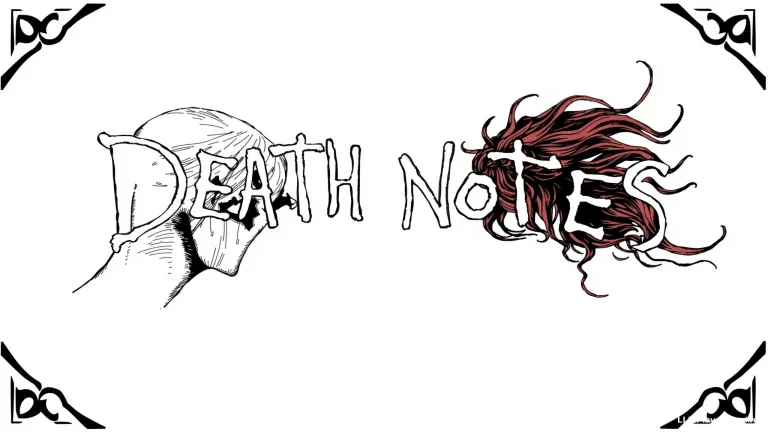
Introduction
Death Note stands as one of the most captivating psychological thrillers in anime history, engaging viewers with its intricate plot and morally ambiguous characters. At the heart of this gripping narrative lies a battle between good and evil, embodied by the show's heroes and villains. On one side, we have Light Yagami, an exceptionally intelligent high school student who becomes the infamous Kira, utilizing a supernatural notebook to rid the world of criminals. On the opposing side stands L, a world-renowned detective determined to unravel the mystery behind the killings. This epic cat-and-mouse game not only showcases the brilliance of its central characters but also raises profound ethical questions about justice, power, and the value of human life. In this comprehensive character analysis, we will delve into the motivations, backgrounds, and complexities of both the heroes and the villains in Death Note. By exploring their choices and consequences, we will better understand their roles in this dark narrative landscape. Whether you root for Kira's vision of a crime-free world or L's unwavering commitment to justice, this exploration will highlight the nuances that make Death Note a timeless classic in the realm of storytelling. Join us as we navigate the dualities of heroism and villainy, revealing the layers beneath the surface of this iconic anime.
L: The Enigmatic Detective
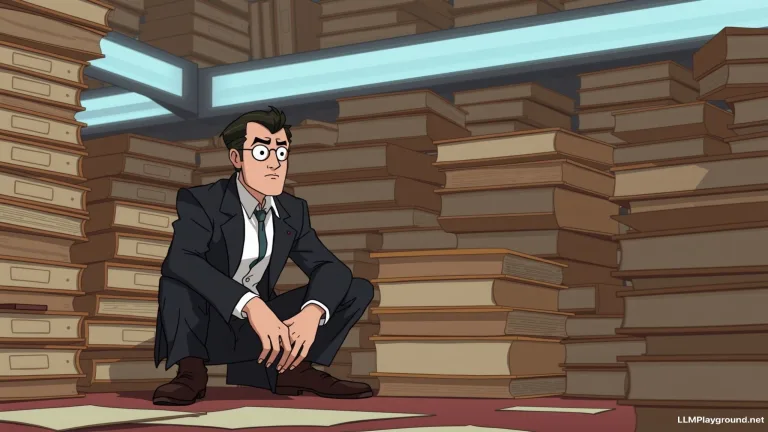
L, the brilliant detective from the beloved anime 'Death Note', stands out as one of the most enigmatic characters in the series. His unique approach to solving crimes sets him apart from typical law enforcement. L is not just a detective; he is a master strategist who combines deductive reasoning with an unorthodox methodology. His keen intellect allows him to stay one step ahead of Kira, making him a formidable opponent in this game of cat and mouse. With his iconic disheveled look and eccentric behavior, L captivates audiences and adds a layer of intrigue to his character.
What makes L so fascinating is not only his intellectual prowess but also his complex personality. He operates primarily in the shadows, using minimal physical presence yet exerting maximum influence. His unyielding determination to find justice often leads him to make morally ambiguous decisions, creating a rich character study that prompts readers and viewers to ponder the nature of right and wrong. As he and Light Yagami, the titular Kira, engage in their psychological duel, L's ethical compass serves as a counterbalance to Light's increasingly tyrannical methods. L's role as the enigmatic detective challenges us to consider how far one would go in pursuit of justice.
Light Yagami: The Reluctant Anti-hero
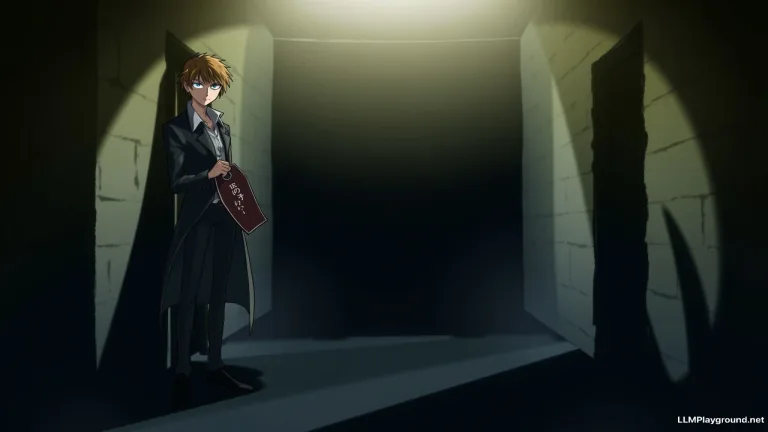
Light Yagami, the protagonist of Death Note, is often regarded as a reluctant anti-hero, and for good reason. Initially a top student with a bright future, Light's moral compass is challenged when he discovers the Death Note—a supernatural notebook that allows him to kill anyone simply by writing their name. This discovery ignites a battle within him, torn between his desire for justice and the undeniable allure of power. As he takes on the identity of Kira, Light begins to redefine his values, justifying his actions as a means of creating a flawless world free of crime. This internal conflict adds depth to his character and makes him more relatable to viewers, despite his increasingly villainous behaviors.
What sets Light apart as an anti-hero is his intricate blend of charisma and cunning. While he does pursue noble goals, his methods become increasingly ruthless, making audiences question whether ends truly justify the means. His complex psyche is a fascinating commentary on morality and justice, challenging us to reflect on our own beliefs. As the story unfolds, Light's transformation from a well-meaning student to a feared figure raises significant ethical questions. Is he a hero striving for a better world, or a villain blinded by ambition? This ambiguity is what makes Light Yagami a captivating character and a critical focal point in our exploration of the moral gray areas in Death Note.
Misa Amane: The Devoted Idol
Misa Amane, a pivotal character in the Death Note series, is more than just a devoted idol; she embodies obsession and extreme loyalty. As a popular actress and model, Misa's life takes a dramatic turn when she becomes infatuated with Kira, also known as Light Yagami. Her adoration leads her to acquire a Death Note of her own, allowing her to assist Light in his quest for justice, or, as some may argue, tyranny. Misa's character highlights the complexities of devotion, as her love for Light pushes her into the murky waters of morality. This unwavering allegiance raises questions about the extent to which one can go for love, often blurring the lines between hero and villain.
While Misa's intentions are rooted in her desire to support Kira’s cause, her actions often place her in a morally ambiguous position. Her willingness to commit murder for Light's sake illustrates the darker side of her character. Despite her bubbly personality and star-like charm, there’s a depth to Misa that evokes sympathy. She suffers from her own trauma, having witnessed the murder of her parents, which makes her vulnerability relatable. In understanding Misa Amane, one must navigate the thin line between adoration and fanaticism, as well as the consequences that arise from such unwavering loyalty. As we delve into her psyche, her character serves as a cautionary tale about the pitfalls of devotion and love in a world overshadowed by death.
Through her journey, Misa not only serves as a foil to Light but also as a key player in the game of cat and mouse between good and evil. Her character encapsulates the essence of what happens when personal sorrow meets unyielding love, making her a complex figure worthy of exploration in the Death Note universe.
Ryuk: The Shinigami with a Twist
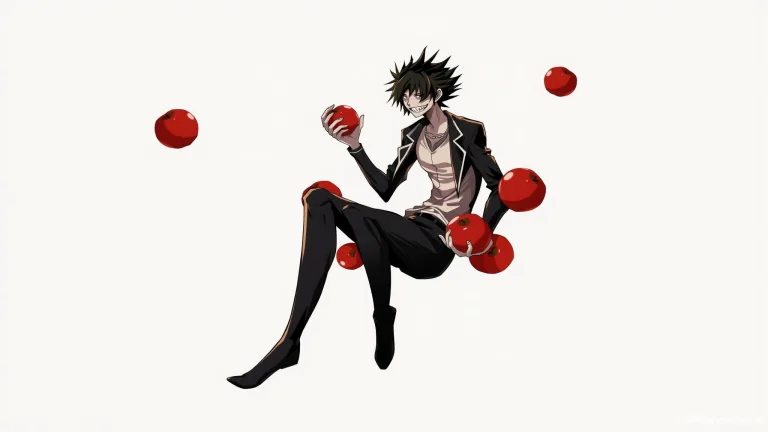
In the iconic world of *Death Note*, Ryuk stands out as a Shinigami with a unique personality that brings a fascinating twist to the narrative. Unlike traditional depictions of death gods, Ryuk embodies a playful yet detached demeanor, showing little regard for human moralities. His curiosity about the human world prompts him to drop the Death Note into Light Yagami's possession, setting forth a chain of events that alters the balance of life and death. Ryuk revels in the chaos that follows, offering a darkly humorous commentary on human nature and the pursuit of power. This blend of mischief and indifference not only adds depth to his character but also serves to highlight the moral dilemmas faced by Light and those around him.
What makes Ryuk particularly intriguing is his perspective on life and death. He appears to be an observer, almost reveling in the horrors that ensue from the use of the Death Note. Yet, his laughter is always tinged with an air of tragic detachment, which serves to underscore the complexities of wielding such power. As viewers and readers, we can't help but question Ryuk's intentions: is he merely a catalyst for chaos, or does he offer a deeper philosophical insight into the consequences of human ambition? His presence in the series invites us to reflect on the thin line between good and evil, making Ryuk not just a character, but a profound commentary on the human condition.
Near: The Child Prodigy
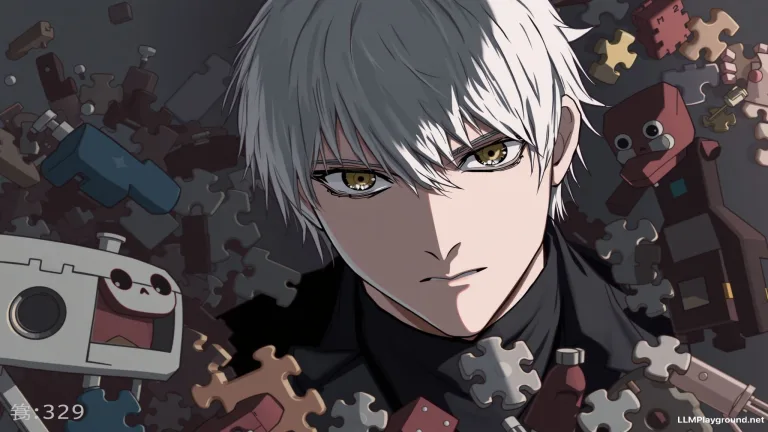
Welcome to our in-depth exploration of Death Note's captivating characters! Today, we're diving into the enigmatic world of Near, the child prodigy who plays a pivotal role in the series. Near, also known as Nate River, is introduced as a young genius with an uncanny ability to solve puzzles and unravel mysteries. His intellect and strategic thinking make him a formidable opponent to the masterminds of the Death Note universe.
Near's character is a fascinating study in contrasts. Despite his young age, he possesses a maturity and analytical prowess that rival even the most seasoned detectives. His eccentric behaviors, such as playing with toys and building elaborate structures, might seem childish at first glance. However, these actions serve as a crucial part of his problem-solving process. Near's ability to think outside the box and his unyielding determination to bring justice to the world make him a hero in his own right. Join us as we delve deeper into the complexities of Near's character and his impact on the Death Note storyline.
Mello: The Fiery Rival
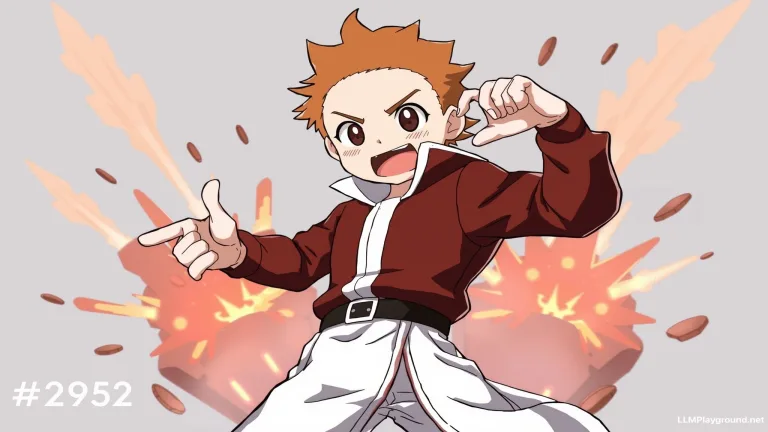
Mello, whose real name is Mihael Keehl, is one of the most dynamic characters in the Death Note universe. Born into the Wammy's House orphanage in England, his background sets the stage for his rivalry with Near. Unlike the calm and collected Near, Mello thrives on his impulsive nature and fierce determination to surpass Light Yagami, also known as Kira. His fiery personality is characterized by a blend of intelligence, ambition, and a propensity for violence that makes him a compelling antagonist in the series.
What truly sets Mello apart is his complex morality and the lengths he is willing to go to achieve his goals. While he begins as a mere rival to Near in the quest to capture Kira, his character transitions into a morally ambiguous figure, blurring the lines between heroism and villainy. Mello's obsession drives him to sometimes extreme measures, whether that's using ruthless tactics or forming temporary alliances for his personal gain. His tragic flaws make Mello a character that resonates deeply with fans, as they can relate to his struggles and aspirations, basking in his moments of brilliance while also lamenting his dark choices.
Gevas: The Unsung Opponent
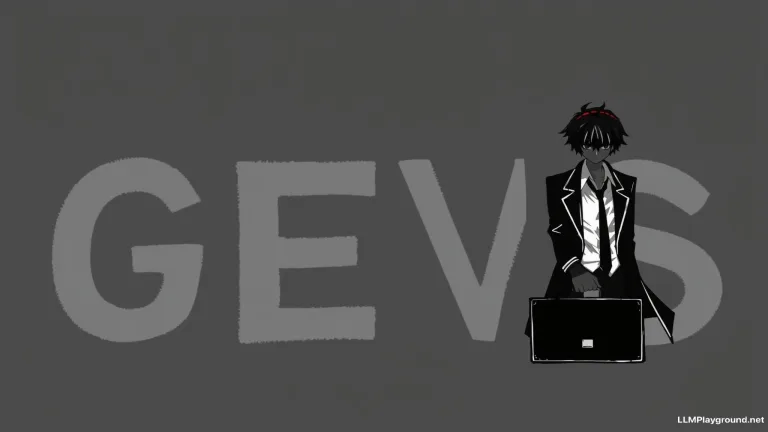
In the labyrinth of morality that 'Death Note' presents, Gevas serves as one of the most underrated yet compelling opponents in the series. Unlike other characters, Gevas operates in the shadows, showing cunning intelligence and strategic foresight that often goes unnoticed. His subtle manipulations and masterful schemes demonstrate a level of complexity that challenges protagonists like Light Yagami and L. He isn’t just a minor antagonist; rather, he represents the idea that evil can exist in the quietest of forms, often unseen until it’s too late. The depth of his character invites viewers to revisit the series and rethink their views on morality, power, and justice.
Additionally, Gevas’s motivations remain enigmatic, adding layers to his persona that often captivate the audience. While many characters in 'Death Note' are driven by overt goals such as revenge or justice, Gevas embodies the notion that not all villains wear their intentions on their sleeves. He reflects the chaos of the human experience, showing that sometimes the most formidable adversaries are those who hide in the depths of ambiguity. By analyzing Gevas, we gain a richer understanding of the overarching themes in 'Death Note', making him an unsung but critical component of this psychologically engaging narrative.
Teru Mikami: The Zealous Follower
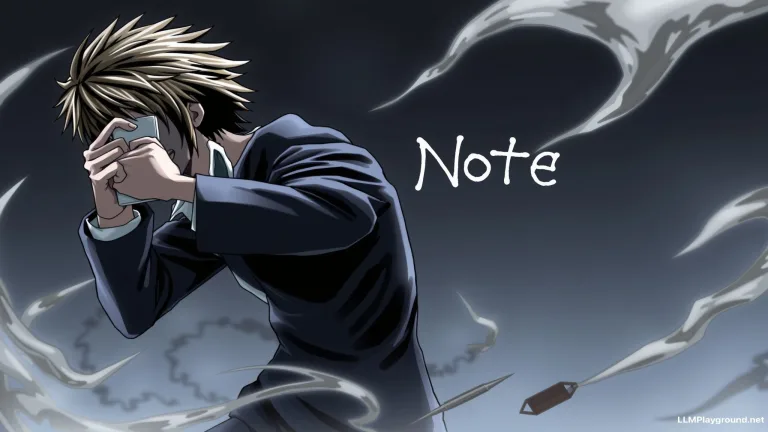
Teru Mikami is one of the most intriguing characters in the Death Note universe, serving as a sharp contrast to the series' main protagonist, Light Yagami. As an attorney and a fervent believer in Kira's vision of justice, Mikami sees his role as the ultimate enforcer of Light's ideals. His unwavering loyalty and obsession with Kira elevate the stakes in the battle between good and evil, showcasing how a zealous follower can greatly impact the narrative. Mikami is not just a tool for Light; his radical beliefs often drive him to take independent actions that challenge the status quo, complicating the themes of justice and morality in the series.
What makes Teru Mikami truly compelling is his transformation from a simple lawyer to a staunch believer in Kira's philosophy. His meticulous nature and strong sense of justice lead him to adopt the Death Note as a way to cleanse the world of criminals. This devotion ultimately spirals out of control as he becomes increasingly fanatic, underscoring the dangers of blind allegiance. In many ways, Mikami embodies the consequences of losing oneself to an ideology. His character serves as a reminder of the fragile boundary between hero and villain, as viewers watch him grapple with the morality of his actions while fervently carrying out Kira's will. Through Teru Mikami, Death Note explores the theme of fanaticism and the slippery slope of moral compromise.
The Task Force: Allies in Mystery

In the gripping world of 'Death Note', the Task Force emerges as a cornerstone of the narrative, representing the struggle between established justice and the chaotic pursuit of power. Consisting of dedicated officers, intelligence analysts, and strategic minds, this team is assembled to combat the enigma posed by Kira, whose identity remains shrouded in secrecy. Led by the brilliant detective L, the Task Force embodies cooperation and tenacity, pooling their skills to unravel clues while navigating the murky waters of morality. Each member contributes a unique perspective, from the analytical prowess of Light Yagami to the relentless determination of Matsuda, showcasing how teamwork is essential when confronting an adversary as unpredictable as Kira.
However, the dynamics within the Task Force also serve to deepen the narrative, as loyalty is continually tested against personal beliefs and hidden agendas. Characters like Teru Mikami and Aizawa grapple with moral dilemmas, torn between their commitment to justice and the darker temptations of Kira's ideology. This internal conflict enriches the story, as viewers witness the tension between hope and despair, right and wrong. Explore how each ally's choices influence the outcome of this cerebral battle and the profound implications of their decisions on the overarching theme of justice within 'Death Note'. The Task Force is not just a group of characters; they are the heart of this intense game of cat and mouse, illuminating the complexities of human nature and the fine line between heroism and villainy.
Miyuki: The Medical Marvel
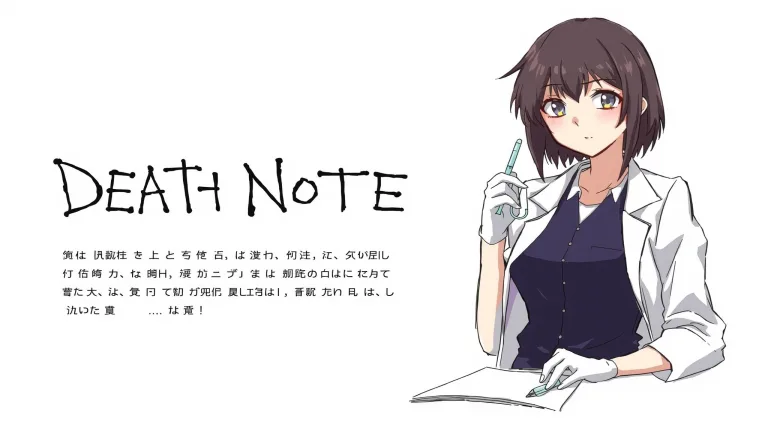
Miyuki, a character often overlooked in the grand schemes of the 'Death Note' universe, exemplifies the resilience and complexity of individuals who inhabit this morally ambiguous world. As a gifted medical professional, she navigates the treacherous waters of life and death, showcasing her unparalleled dedication to saving lives. Her role transcends mere healing; she becomes a beacon of hope amidst the chaos instigated by Kira's reign of terror. Audience members often resonate with her struggles, grappling with the ethical dilemmas of using her skills for a greater good or succumbing to the despair that surrounds her. Therefore, Miyuki stands out not only as a medical marvel but also as a personification of pure intent in a landscape marred by conflicting ideologies.
In her compelling character arc, Miyuki embodies the struggle between personal ethics and societal expectations. As she witnesses the collateral damage caused by the Kira case, her determination to uphold the sanctity of life becomes increasingly challenging. With each episode, viewers see her evolve from a passive observer to an active participant, revealing hidden strengths and vulnerabilities. The depth of her character allows for greater dialogue around the influence of power and the responsibility that comes with it. In addition, her interactions with other pivotal characters serve to highlight the show's central themes of justice, morality, and the price of one's convictions. Ultimately, Miyuki's journey invites us to reflect on the nature of humanity in the face of overwhelming adversity.
Conclusion
Understanding the characters in Death Note isn’t just about labeling them as heroes or villains; it's about grasping the complexity of their moral disputes. The series challenges us to consider what we deem as right or wrong and how power can corrupt even those with the noblest of intentions. The brilliant writing and character development invite us to reflect on our own values as we witness the choices made by Light, L, and all the other pivotal figures. The distinction between hero and villain blurs, leaving viewers with a lasting impression of the consequences these characters face for their decisions. As we wrap up this character analysis, it's clear that Death Note not only entertains but also provokes thought about justice and morality, forcing us to question our understanding of both. Ultimately, the dialogue between heroism and villainy remains an essential component of the Death Note story, making it a fascinating subject for continued discussion and analysis. Whether you consider yourself a fan of Kira's ideology or L's justice-driven methods, one thing is sure—the layers of conflict and character intricacies in Death Note are what make it a compelling narrative that deserves exploration and appreciation.
Frequently Asked Questions (FAQs)
Q: Who is the main villain in Death Note?
A: Light Yagami, who becomes Kira, is often considered the main villain due to his drastic methods to impose his version of justice.
Q: What role does L play in Death Note?
A: L is the main detective and the primary antagonist to Light, representing justice in the series and challenging Kira's actions.
Q: Are there any redeeming qualities in the villains of Death Note?
A: Yes, the villains, especially Light, showcase complex motivations and ideologies that prompt viewers to empathize with their perspectives.
Q: How does Death Note explore the theme of morality?
A: Death Note delves into morality by presenting characters who make morally ambiguous decisions, challenging the audience's perception of right and wrong.
Q: Can Light Yagami be considered a hero?
A: While Light sees himself as a hero cleansing the world of evil, his extreme methods and disregard for lives make him a controversial figure.